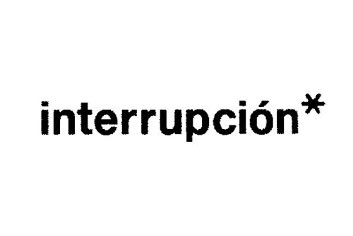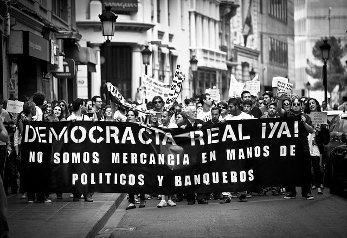What does forgiveness mean when it appears in politics? In Political Forgiveness, P.E.Digeser defends a conception of forgiveness against those who are skeptical of its desirability as a political idea. While much of the previous work on forgiveness reflects theological or psychological perspectives, Digeser offers a concept of political forgiveness that is secular and public rather than religious or personal. It centers on the capacity of victims and creditors to release transgressors and debtors from their moral and financial debts. “If justice is a matter of receiving one’s due”, he says, “then political forgiveness entails releasing one’s due”. Nevertheless, political forgiveness remains connected to justice in important ways. Exploring the limits and possibilities of political forgiveness, Digeser considers not only its relationship to justice, but also such issues as who has authority to forgive, the connection between forgiveness and reconciliation, the meaning and scope of group responsibility, the idea of pardoning as a form of political forgiveness, and whether there is an obligation to forgive. The power of pardon enjoyed by duly established political authorities may be at best a loose cognate of forgiveness, but this is not to say that all legal or political analogues to forgiveness are implausible. It remains to discuss whether individual political actors and institutions, and collective efforts to respond to such moral atrocities as slavery, legally enforced racial segregation, ethnic cleansing, and other large-scale immoralities may be regarded as forms of forgiveness. Digeser seeks to divest political forgiveness of any personal feelings whatsoever in favor of a performative account in which such overt behaviors as pardoning a criminal or waiving a debt signify forgiveness. It should be pointed out that the past twenty years or so have seen a rapid increase on the part of political leaders apologizing for and seeking reconciliation between perpetrators and victims of moral atrocities. The ostensible aim of such efforts has not only been to rectify past wrongs and give those who have been wronged their due, but to heal deep and sometimes longstanding wounds caused by such wrongs as well. The South African Truth and Reconciliation Commission (TRC) in the mid 1990’s is probably the best known example of such attempts to achieve reconciliation between perpetrators and victims of intra-national collective wrongs. Other instances of political apology, aimed in part at effecting some form of forgiveness or reconciliation, include Australia’s “sorry book,” which records citizens’ remorse over a former government policy mandating the forced removal of aboriginal children from their natural parents in the name of cultural assimilation, President Clinton’s apology to African Americans and subsequent proposals by scholars and policy-makers of reparations for slavery, and Northern Ireland’s 1998 Good Friday Agreement and the peace process initiated thereby.
Related Articles
Violent clashes, peaceful coexistence
a wonderful collaboration in Nigeria
Tommy Remengesau and an archipelago worth knowing
Is there hope for Haiti? Depends on who’s telling the story.
Is there hope for Haiti? Depends on who’s telling the story.
Surprise: development IS succeeding
Charles Kenny's book Getting Better
Don't expect it from the government
an Argentinian project
and it's political prisoner number one
the work of Imam Aziz
Achievements of the Indignados movement
examining the case of Spain
How can humanitarian aid become more effective?
Reinier Van Hoffen writes from the Netherlands on the constructive interplay between tacit knowledge and science in relation to aid effectiveness.
C.Brown's 'From Beethoven to Hip-Hop', and more
![]()
STAY IN TOUCH
SUBSCRIBE TO OUR NEWSLETTER
AND RECEIVE OUR LATEST STORIES










